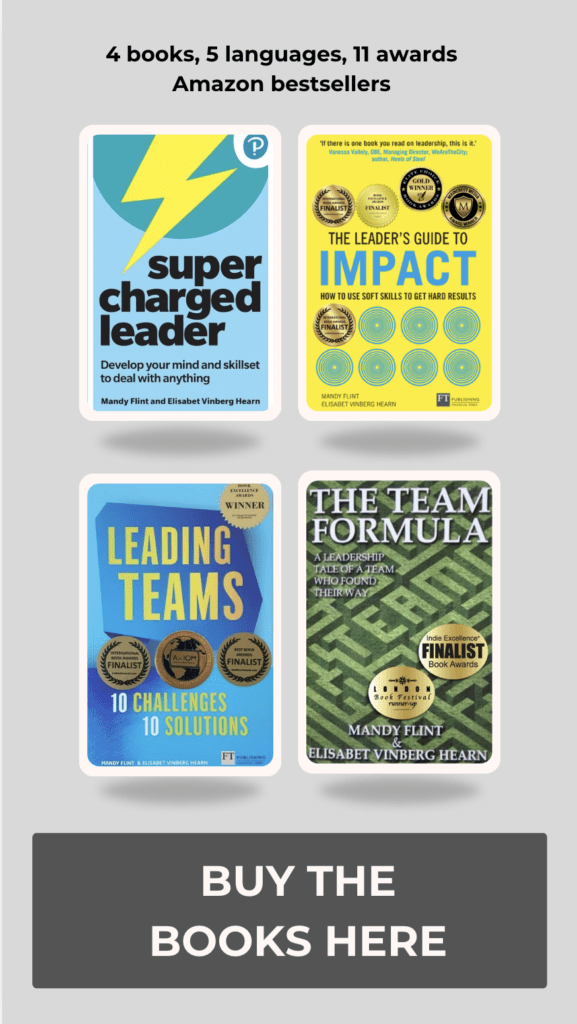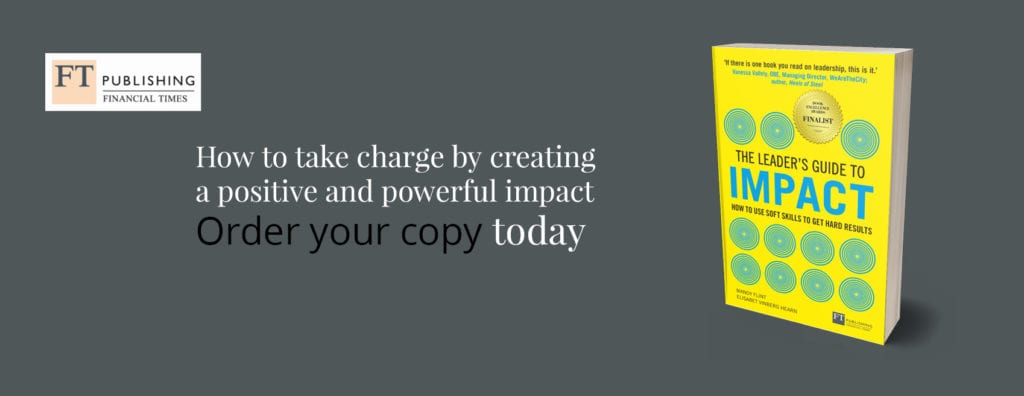A reporter once asked a very successful businessman:
“What is the secret to your success?”
The man replied: “Two words”.
“And they are?”
“Right decisions”
“OK, I see—and how do you make the right decisions?”
“One word”
“And that is?”
“Experience”
“I see, and how do you get experience?”
“Two words”
“And what are they?”
“Wrong decisions”
We love this story. In it the perils of chasing perfection are perfectly described.
So many people have “analysis paralysis”, worrying about what decision to make, worrying that there is a “right” and a “wrong” decision.
The thing is, we can never really know—whatever decision we make, we can’t go back and compare the outcome with what the outcome would have been if we had taken the other option. Nothing stands still; there’s no way of knowing what result the other decision would have rendered. We must simply see it all as learning.

There is no such thing as failure, only results. Learning helps us to develop and grow. If we don’t learn, we don’t grow.
Of course we need to do some analysis and comparison of the options—and then make the decision and move on. And recognise that even the “wrong” decisions are “right”, as they always bring us experience and an outcome that can be evaluated and used as fuel for the next steps.
And in a fast-changing world, there is definitely no time for endless “analysis paralysis”—we need to be able to make decisions where we balance the need for speed with depth and breadth of data—to be able to progress the situation/project.
It takes a certain amount of courage to make a decision and take responsibility for its outcome. Yes, courage is crucial to progress and success. We must be willing for not all of our decisions to be perfect.
Let’s be honest, when is anything ever “perfect”? Is there even such a thing? And would it really be something to strive for? We’d say no.
Maybe perfection is to learn?
Maybe perfection is to keep getting better at something?
Could it be that perfection—particularly in the analysis paralysis scenario—is outdated? Yes, it is.
Yes, the world unquestionably moves too quickly for perfection. We are all on a non-stop learning journey. Trial and error and learning are natural and good.
So beware the illusion of “perfection.”

It so easily makes us too cautious, too worried of not getting it “right.”
Don’t let the chase for perfection trip you up. Don’t let analysis paralysis stop you. Do the analysis you need to do and then make the decision and follow through on it—and evaluate the results you get and learn from it—value the experience it gives you.
If it’s not great, then get up, brush yourself off, and keep going, taking your learning and experience with you on the way. This is a display of courage, learning, and resilience, and they are all crucial to success.
We recognise, of course, that the pursuit of perfection typically is done with positive intent, but it can affect not just ourselves but also others negatively. Others may try hard to get it right for the perfectionist, but it is, of course, never good enough for the perfectionist. This in turn means that others (subconsciously) won’t try as hard next time, which means that you don’t increase productivity or innovation (or whatever you were aiming for), and it all comes back to you—you can’t deliver to perfection.


